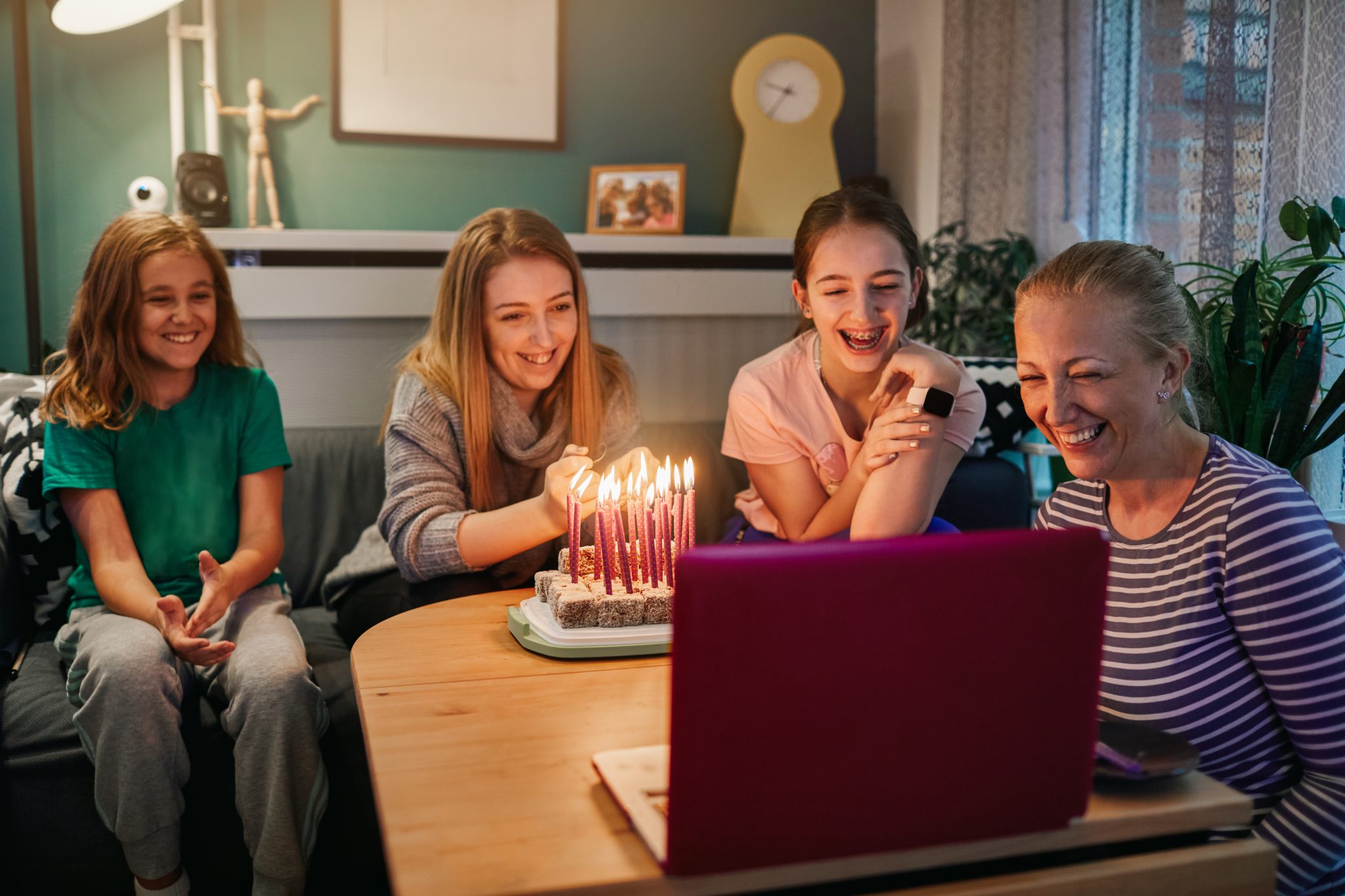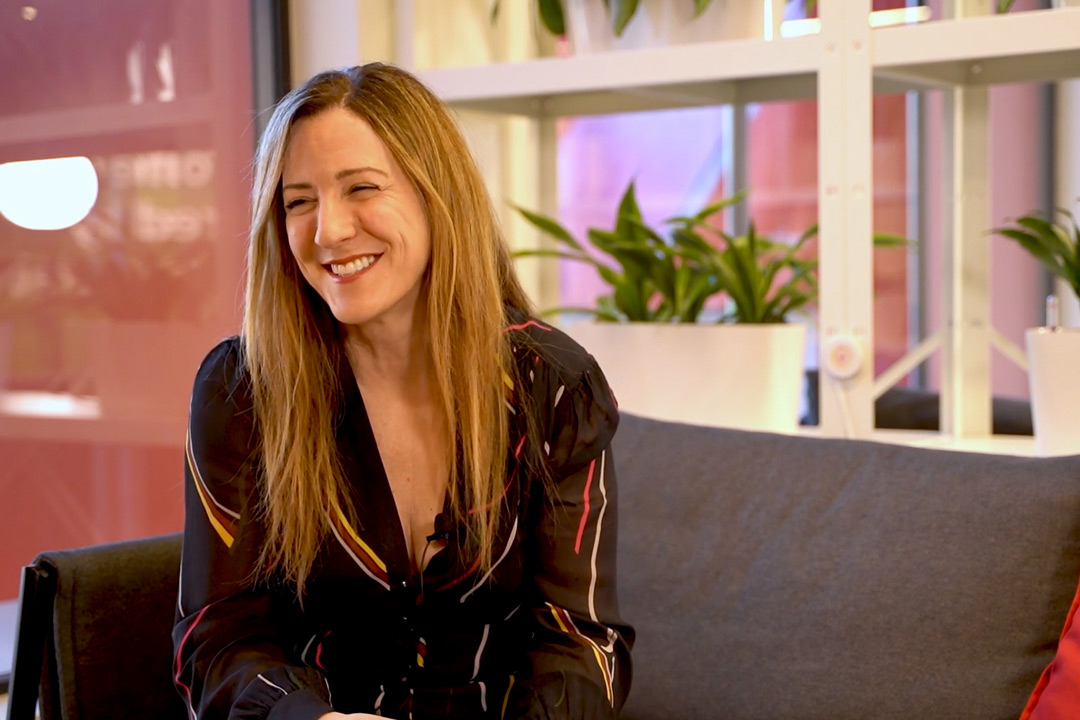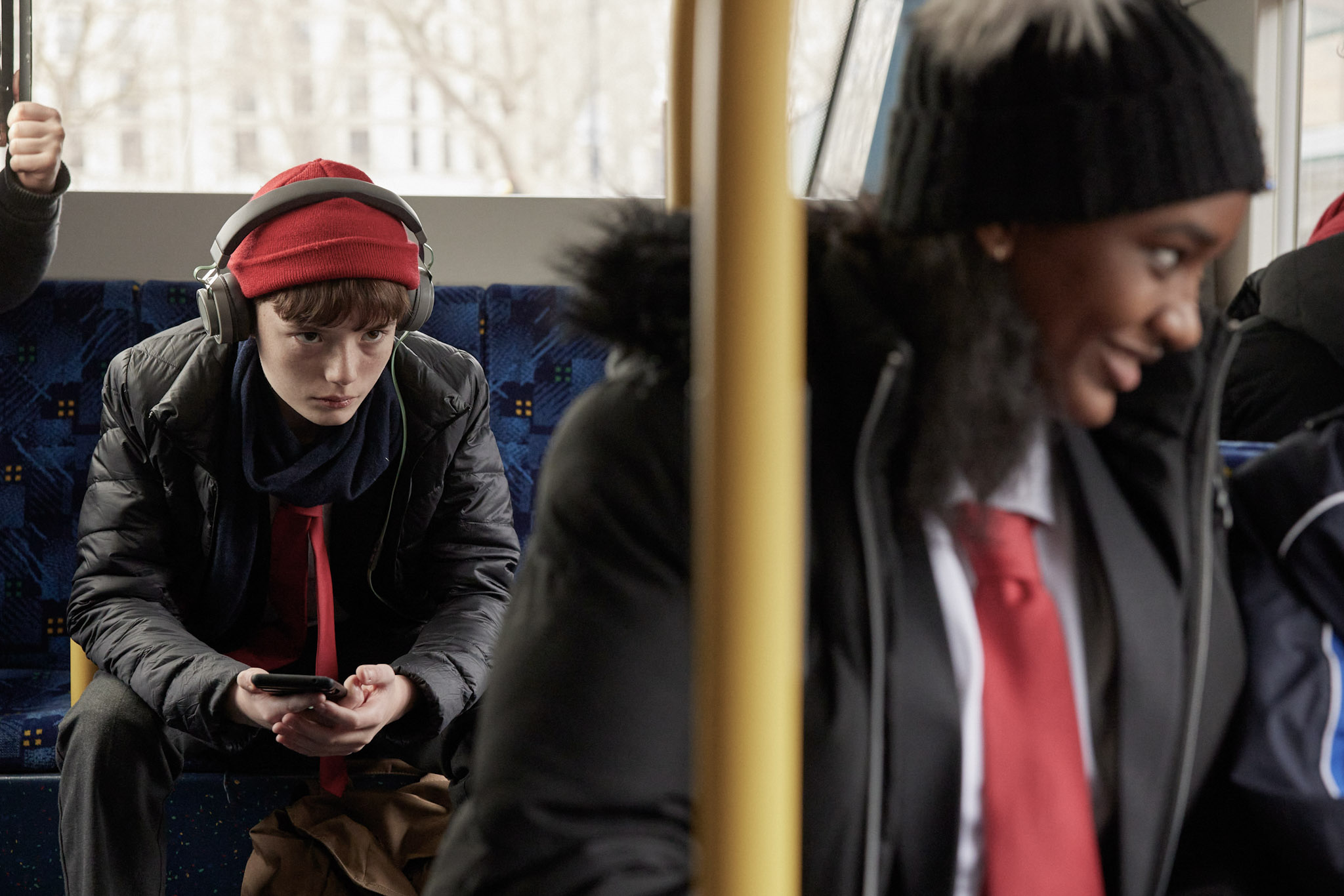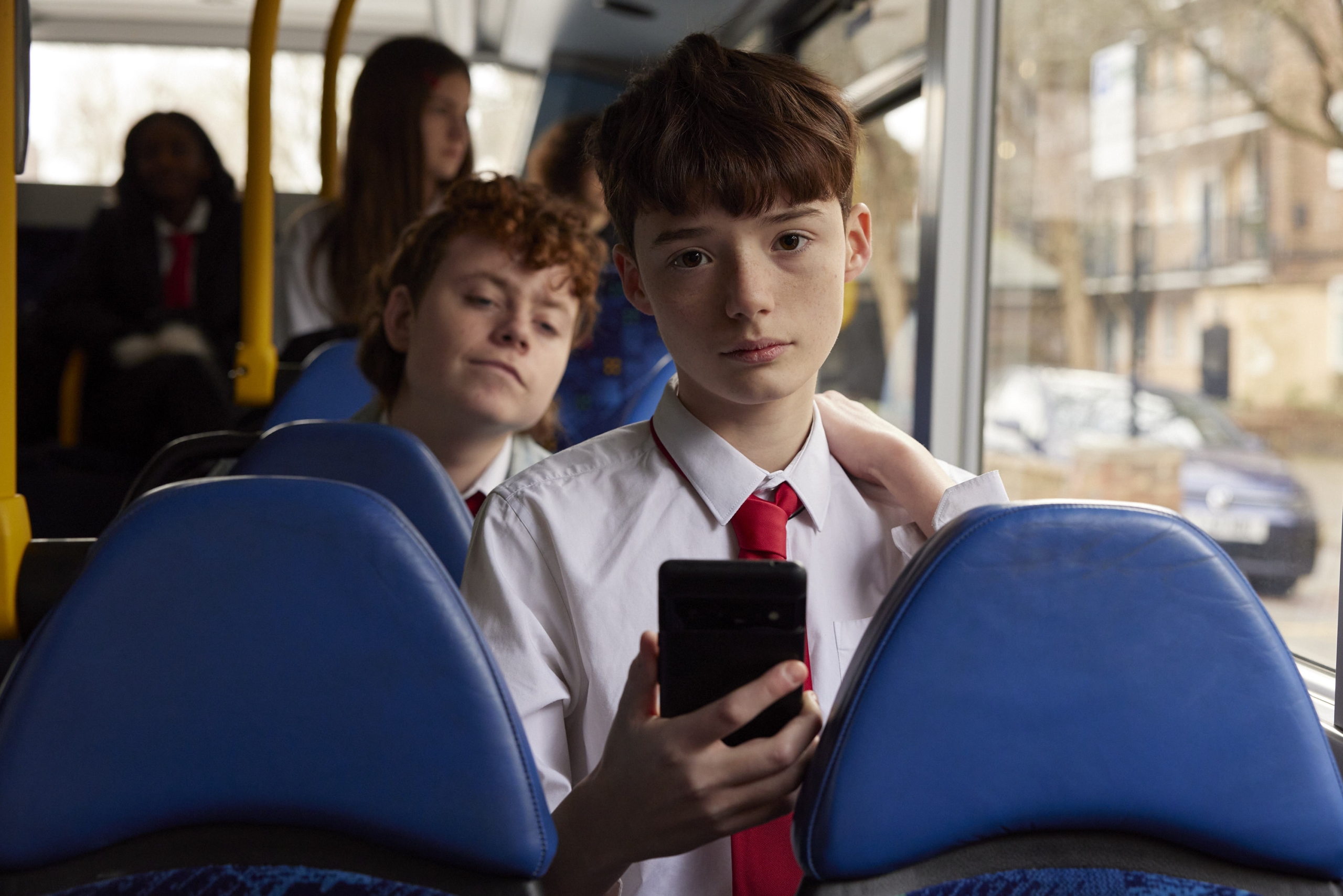
Vodafone and digital wellbeing partners Digital Awareness UK explore how families' use of technology might change in a post-COVID-19 world.
COVID-19 has provided parents with fresh challenges on navigating the whole family’s wellbeing both physically and online. Technology has transformed almost every aspect of family life with family, from Zoom birthday parties, to Netflix screenings with friends, to Joe Wicks’ PE lessons now shaping our days.
The pandemic has also provided the opportunity for families to experiment with what does and doesn’t work for them when it comes to technology, and has brought extended households closer via platforms like Zoom and Skype.
So how will all this all affect our daily behaviours in a post COVID-19 world? Vodafone and digital wellbeing partners Digital Awareness UK spoke to some families about their experiences and offer our predictions on how our tech legacy may look post lockdown.
Social media will get real
Tom a father from Guildford described his daughter’s Instagram account as “a breath of fresh air” since the start of lockdown. He said that it seemed everyone was on a level playing field – with no parties, sleepovers and so on, you could take FOMO (fear of missing out) out of the equation.
He noticed his daughter and his own friends were flooding news feeds with more positive content – sports challenges raising money for the NHS, pictures of friends going for walks and cycle rides, community-focused posts about how they could help one another.
Our prediction: How we share on social media will change.
People will think twice about what they post online. With the renewed focus of being kind to one another, social media posts will see a rise in more thoughtful comments or posts. It might just make us all think about who is at the other end of the screen.
Older family members get digital
Amanda, a parent of toddlers said she nearly fell off her chair when her mum started setting up video calls to read her children a bedtime story every night. Who knew Grandma was a Zoom guru?
Many people will have encouraged older family members to get to grips with video calls, group messaging and so on. It’s worth noting that older generations can be more susceptible to scams, so if you have an older relative check out Age UK’s advice on staying safe online and remind them of the dos and don’ts.
Our prediction: We will stay better connected with older generations.
Certain habits will stick. Older family members will carry on developing new skills and tools online to keep themselves close to loved ones.
We’ve all become scam spotters
The National Crime Agency has warned of a rise in online abuse offences during the pandemic and online scams have risen by 400% (Action Fraud).
Lucia a mum of three from Guildford said that since the start of COVID-19, her family has got skilled up in the art of spotting fake news and phishing scams. So the family turned scam spotting into a game – whenever they received a WhatsApp message or an email that they suspected was a scam, they’d get their detective hats on to uncover the ‘reals’ from the ‘fakes’. Do take a look at the government’s advice on protecting yourself from COVID-19 scams.
Our prediction: We’ll be able to spot scams more easily, but watch out, as they are ever evolving.
With more time spent online a lot of us will become experienced in how to spot fake news and online scams. However, these things can get more sophisticated in the blink of an eye, so be sure to be vigilant and don’t ever give personal information or passwords over email.
Now this doesn’t mean to say, of course, that things are all rosy. Headlines are inundated with research demonstrating the impact technology is having on our wellbeing and safety. We’d encourage any parents who are concerned about issues, such as online grooming and bullying, to visit Internet Matters or the NSPCC for further information and advice.
Here are our top tips on digital parenting during and coming out of lockdown:
- Explore what positives can be taken away from this experience. Do sit down with your family and talk about what you want your digital legacy to look like post-COVID-19. What seems to have worked well? What have been your biggest challenges? What do you want to keep doing moving forwards?
- Chat to other parents to find out what’s working for them (and remind yourself that any challenges you’re up against are completely normal!)
- Adapt the rules if you need to. If you want a refresher on the best ways to set boundaries in the home, check out Vodafone’s Digital Family Pledge for support .
- Don’t put too much pressure on yourself. No family feels like they have this new way of life absolutely nailed. This pandemic has been an incredibly stressful time for parents, and if boundaries are stretched or rules broken, remember it’s completely normal in such extreme circumstances.
Digital Awareness UK is a leading digital wellbeing organisation working with schools and organisations in the UK and internationally.
For more tips and advice try our dedicated Digital Parenting website.
Sources:








![mother with daughter with smartphone in snowy weather [Adobe Stock] stock photo of a mother outside in snowy weather with her daughter while using a smartphone](https://www.vodafone.co.uk/newscentre/app/uploads/2024/02/mother-with-daughter-with-smartphone-in-snowy-weather-Adobe-Stock.jpg)
